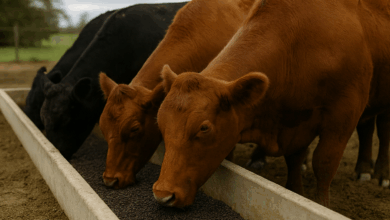
Community-led biochar projects are emerging as powerful tools for environmental conservation and social development. By converting organic waste into biochar—a stable form of carbon that enriches soil and sequesters carbon dioxide—these grassroots initiatives are addressing ecological challenges while empowering local communities.
Empowering Communities through Biochar
In Uganda, social entrepreneur Sanga Moses founded Eco-fuel Africa Ltd. (EFA) to tackle deforestation and energy poverty. EFA employs local farmers to convert agricultural waste into biochar briquettes, providing a sustainable alternative to wood-based charcoal. This initiative not only reduces deforestation but also creates employment opportunities and improves livelihoods.
Innovative Waste Management Solutions
In India, Vidyut Mohan co-founded Takachar, a company that transforms agricultural residues into biochar using portable, low-cost technology. This approach offers farmers an alternative to open burning, reducing air pollution and providing additional income streams. By 2020, Takachar had converted 3,000 tons of biomass waste, demonstrating the scalability of community-centric biochar solutions.
Environmental Education and Soil Restoration
Organizations like Remineralize The Earth (RTE) collaborate with educational institutions to promote soil remineralization using rock dust and biochar. In partnership with schools and community gardens, RTE integrates biochar into local projects, enhancing soil fertility and fostering environmental stewardship among participants.
Urban Waste Management and Circular Economy
In urban settings, biochar is utilized to enhance circularity in waste management. Community gardens and urban agriculture initiatives benefit from biochar applications, improving soil quality in green spaces and aligning with local environmental values. Educational institutions also integrate biochar into green programs, promoting sustainable practices and fostering awareness of carbon capture benefits.
Challenges and Future Directions
While community-led biochar projects offer substantial benefits, challenges such as initial investment costs, technical expertise, and policy support persist. Addressing these issues through capacity-building, financial incentives, and supportive policies is crucial for the widespread adoption and sustainability of biochar initiatives.
Conclusion
Grassroots biochar projects exemplify the potential of community-driven approaches to achieve environmental sustainability and social empowerment. By transforming organic waste into valuable resources, these initiatives contribute to climate change mitigation, soil restoration, and economic development, paving the way for a more sustainable future.
Sources:



